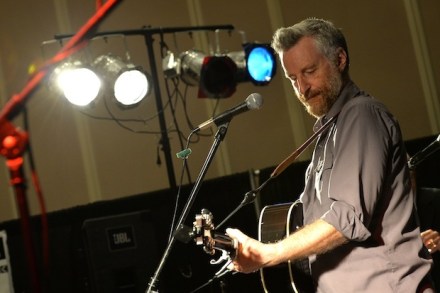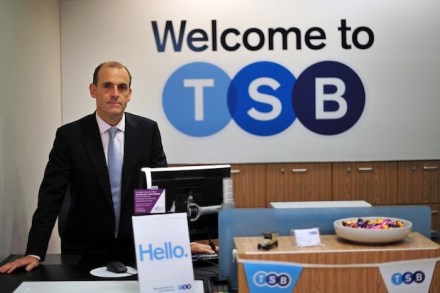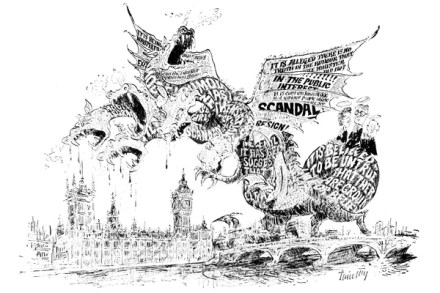Billy Bragg’s diary: The right does not own freedom
A great night to be in Pittsburgh. The local baseball team, the Pirates, were attempting to reach their first play-offs in 21 years. Meanwhile in Washington DC, a Republican party rejected at the polls last year was seeking to increase its popularity by bringing the government to a halt. On the Strip, a bustling street along the banks of the Allegheny River, it seemed everyone was wearing a shirt declaring his or her allegiance to the Pirates. In the pizza joint where we’d gone before I played my first Pittsburgh gig in nearly two decades, the TV above the bar reported on the stalemate in Washington. But it didn’t feel much


















